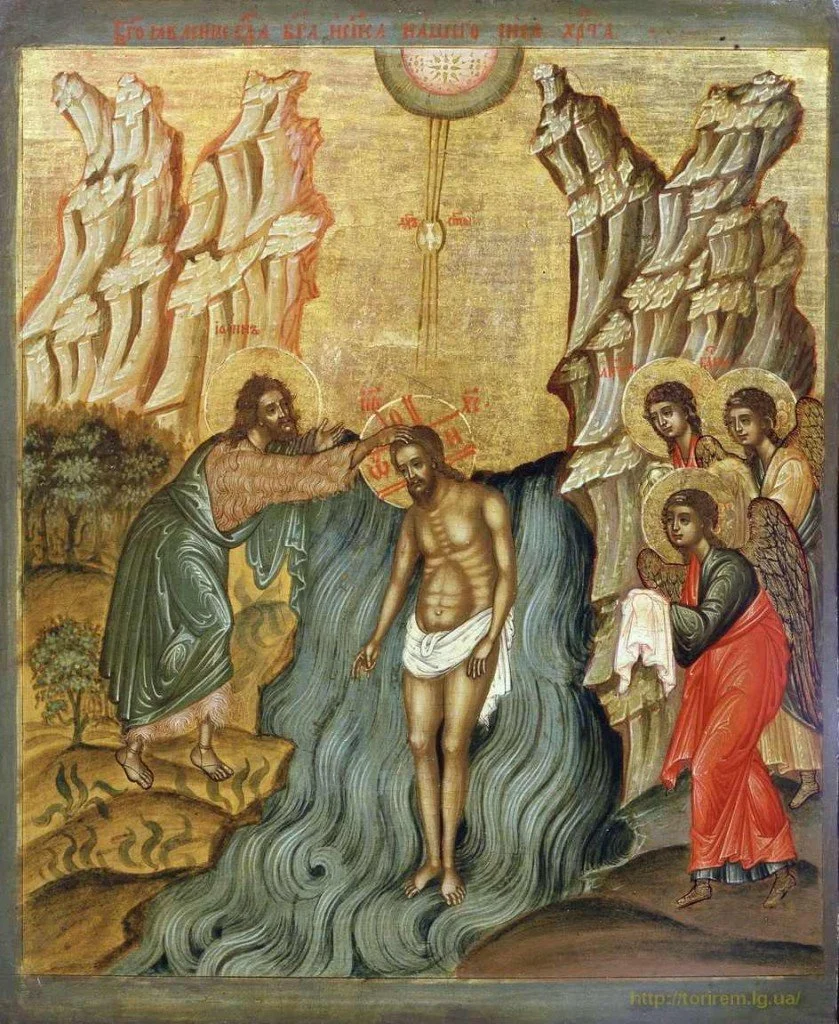Nicholas Norman-Krause on the Trinity and the Moral Life: “Moral life is not, first and foremost, obedience to a moral law instituted by a distant Lawgiver, but participation in the Triune life by means of deification and sanctification. Law certainly has its place within this Trinitarian moral vision. But, as we will see, law hangs together with other crucial moral concepts within a broader vision of Christian discipleship, of drawing near to the Father, through the Son, by the Holy Spirit.”
Catechesis and the Trinity, Part II: Praying the Trinity
Nicholas Norman-Krause on the Trinity and Prayer: “the Lord’s Prayer is only fully intelligible when understood within a larger Trinitarian account of our participation in the divine life. By the Holy Spirit, we are united to Christ, adopted into his sonship, and so enabled to address his Father as ours. And thus, to pray the Lord’s Prayer is to come to participate in the Triune life of God. For this reason, reflection on the Trinity properly belongs to the catechesis of prayer in general, and to the study of the Lord’s Prayer in particular.”
Catechesis and Trinity, Part I: Speaking the Trinity
Nicholas Norman-Krause on learning the language of the Trinity: “The doctrine of the Trinity be approached in catechesis not so much as a metaphysical riddle to be solved but as a grammar of speech to be learned. As a kind of grammatical formation, catechesis in the Trinity seeks to bring clarity and coherence to the way Christians worship, pray, proclaim the gospel, and read Scripture. These I take to be some of the primary activities of Christian life, as well as some of the primary ways Christians come to know God. They are also fundamentally linguistic activities, modes of speaking and listening to and with God. Trinitarian catechesis succeeds when it is able to form persons such that their speaking and hearing are sufficiently cultivated so as to know God in these primary Christian activities.”
The Constraint of the Word: Graham Ward on Gregory of Nyssa
Graham Ward on Gregory of Nyssa’s Great Catechetical Oration: “The ‘system’ [of catechesis] is not an abstract set of propositions set out by the ministers who preside and to which allegiance is given by those taught. It is, first of all, intrinsic to the word itself as the Logos; the word of faith that teaches. The system is the constraining and necessary logic of the Logos. It is co-relative to both a social and institutional practice (teaching) and an operation (being saved). It is implicated in ‘the mystery of godliness’ or the hidden working of piety. Its aim is salvation through conversion.”
Who Needs Catechesis?
From an article by Alex Fogleman on Covenant:
Christian teaching is “constrained” by the logic of the logos and the sanctification of the Spirit. The character of the Christian God invites the church to be just this kind of catechizing community: not simply a teaching community but a community caught up in the divine economy.
Trinity, Pragmatism, and the Self: De Lubac on Catechesis and the Creed
The Christian who does not trust the fruitfulness of revealed truth, who consents to interest himself in it only to the degree to which he perceives the benefit in advance, who does not consent to let himself be grasped and modeled by it, such a Christian does not realize of what light and power he has deprived himself.








